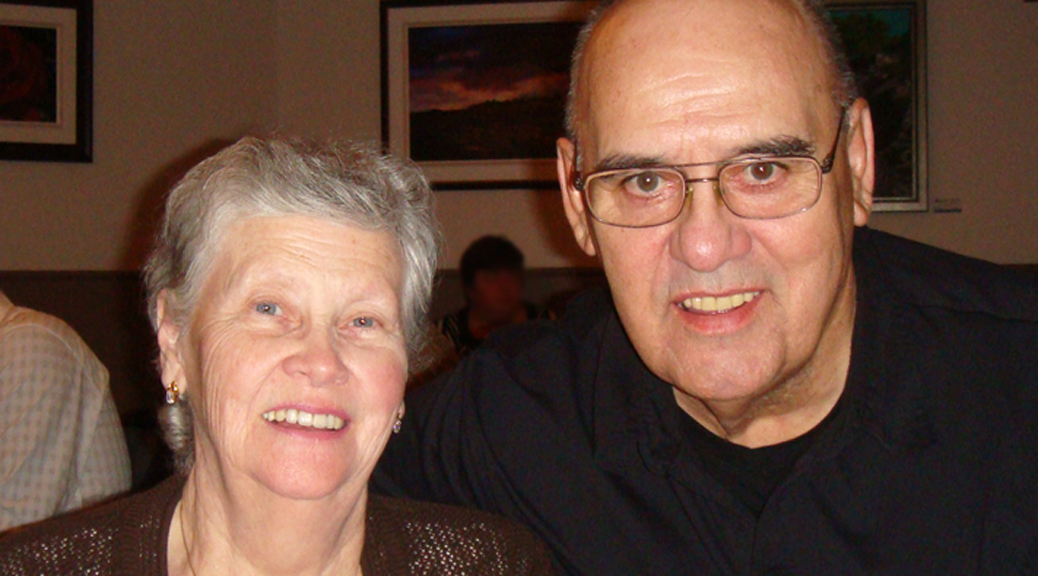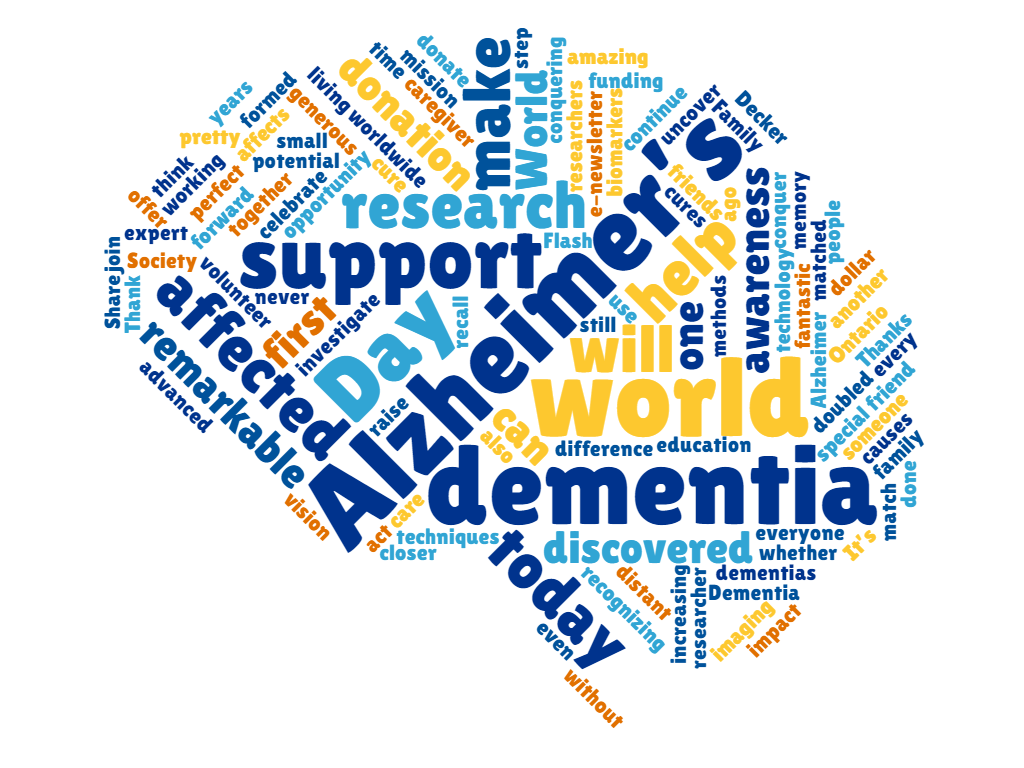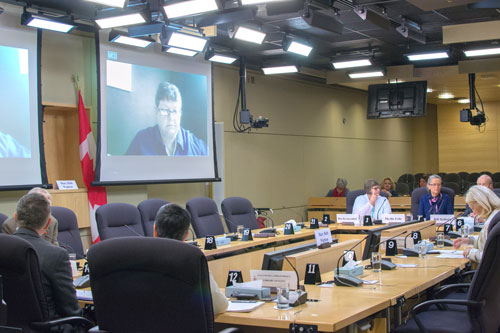Dementia under 65: Where do they fit in?
It was love at first sight when Sandy met Doug. They had both ended long marriages. They shared a passion for work, a love of travel, and had compatible plans for retirement. They clicked instantly. The McLean’s married two years later and were in the midst of living the lives they’d dreamed of when Doug, a top executive, lost his job because of increased anxiety and diminishing cognitive abilities. Things didn’t get better. Doug became depressed and delusional. He could no longer tell time or do math, and he struggled with his…






